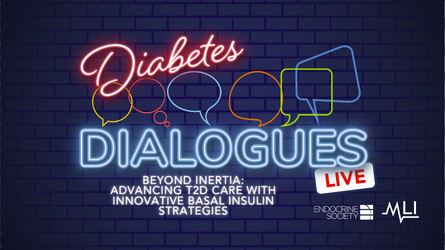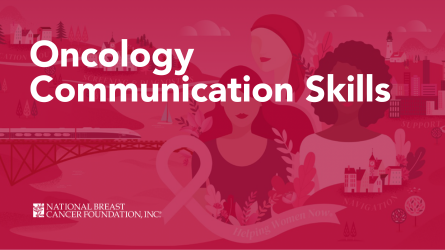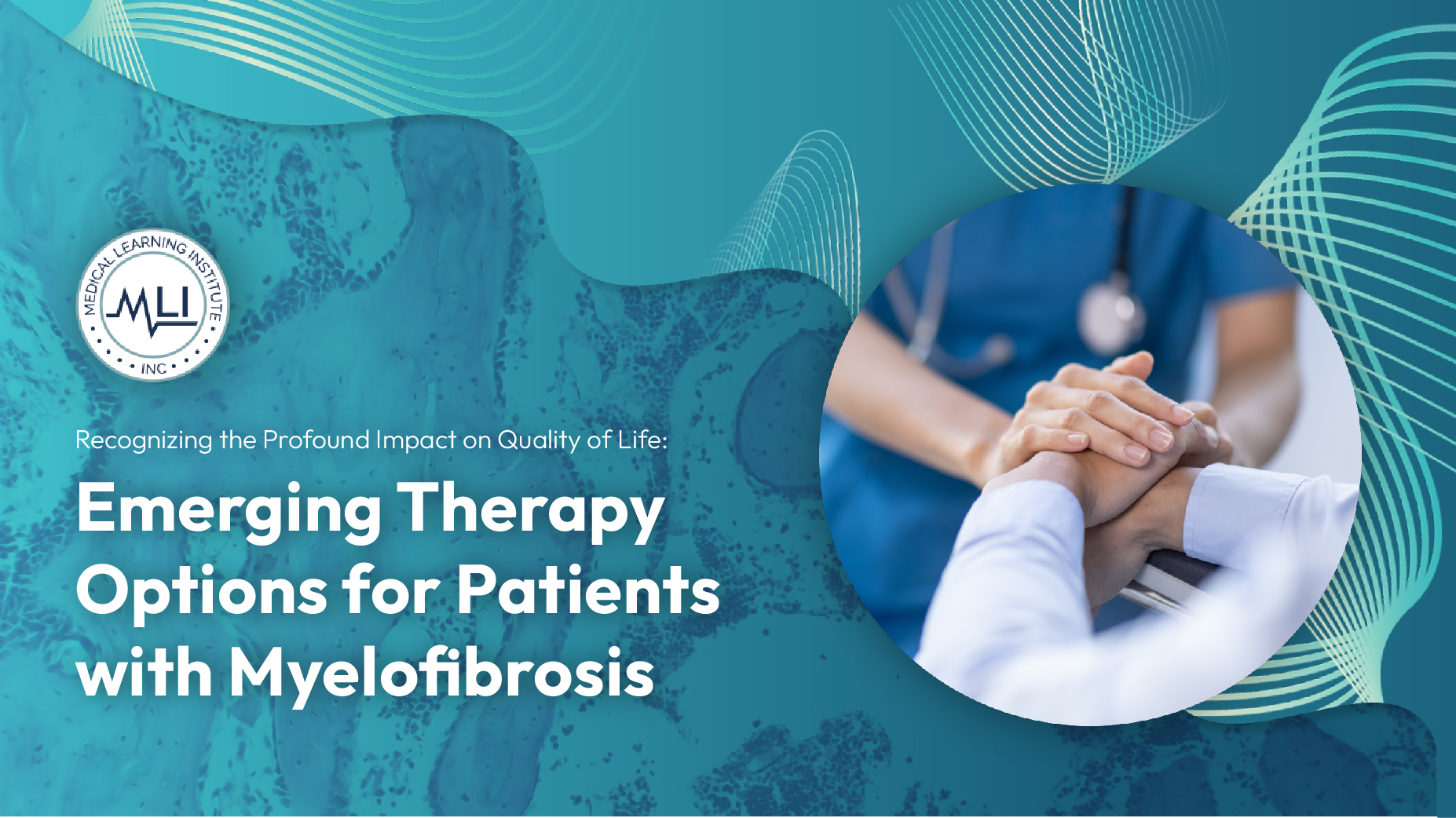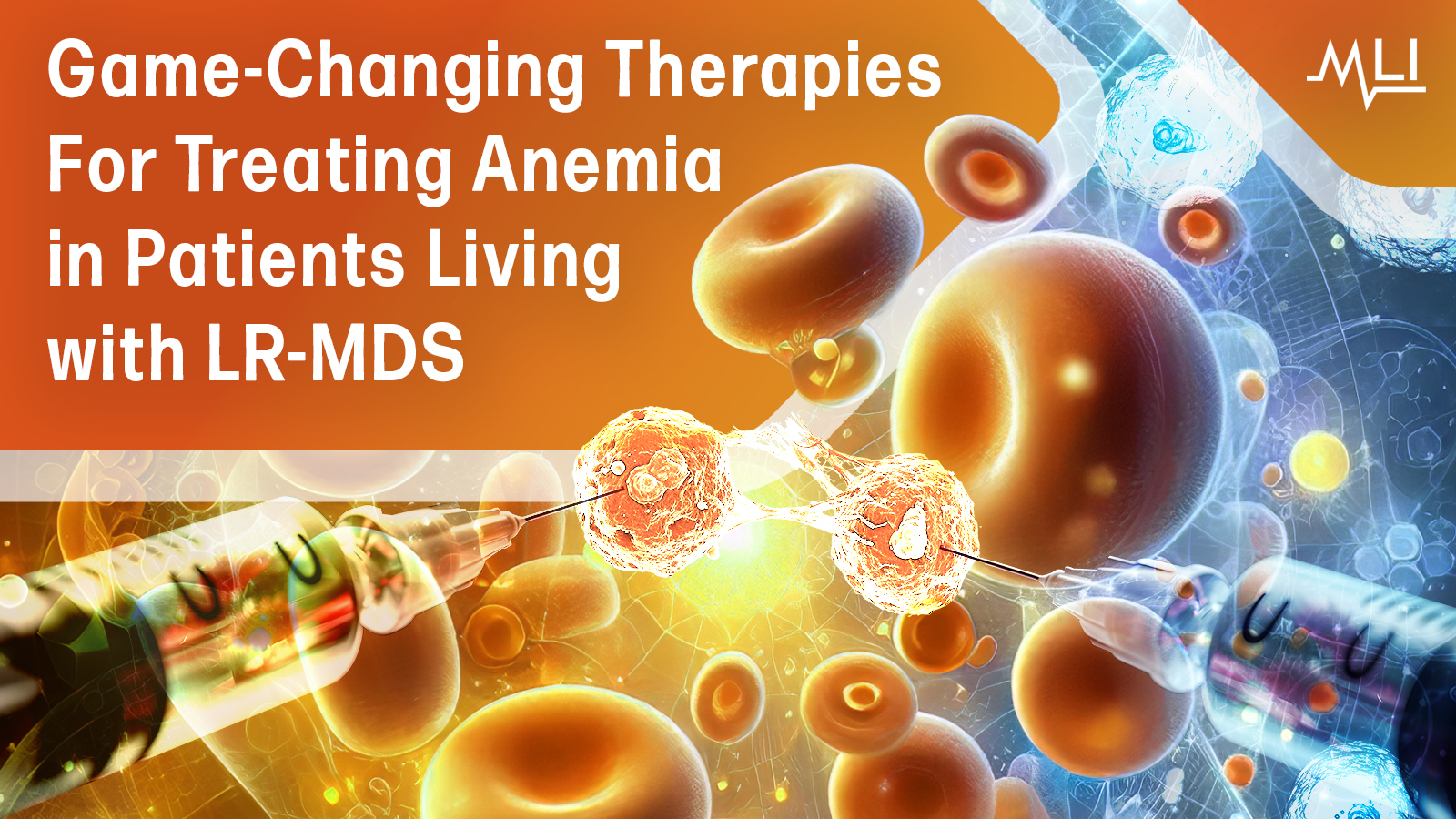- On-Demand
Weight Management as a Treatment for T2D: Novel Pharmacological Approaches
- Credit: 0.50hr(s)
- AAFP, AAPA, ABIM, CME, IPCE, MOC
- April 30, 2024 —
- October 31, 2025
- Therapeutic Areas: Diabetes, Family Medicine / Primary Care, Obesity
- Specialties: Diabetes, Endocrinology, Obesity, Primary Care
- Location: Internet Activity Enduring
Healthcare providers (HCPs) encounter significant challenges when treating patients with type 2 diabetes (T2D). HCPs should be cognizant of when to change or intensify treatment and be aware of options that are non-optimal. As such, HCPs need to be equipped with current professional guidelines, the latest clinical evidence on new and emerging therapies for T2D, and strategies for engaging patients in shared decision-making to effectively prioritize weight management and promote comprehensive T2D care.








